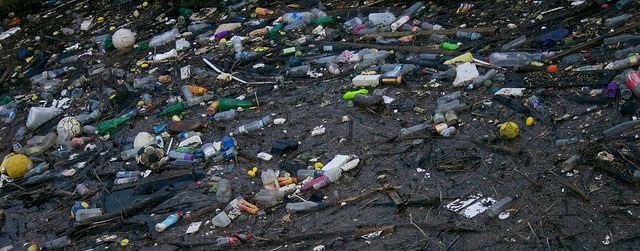It’s time to find a better solution to the tonnes of plastic in our oceans and shorelines.
For me, this sank in with a passing comment from local conservationist, John Buchanan. I was interviewing him about his work cleaning derelict vessels and plastic in the ocean kept coming up.
We’ve all heard the negatives of plastic: it’s in almost everything we purchase. It doesn’t biodegrade, there’s a continent of it floating in the ocean called the Great Pacific Garbage Patch.
But like so many, I pushed those facts out of my mind and chalked it up to individual choices. At least I recycle, right?
It wasn’t until John brought home how spores of plastic infiltrate every aspect of biodiversity in the ocean — from microorganisms to eventually the water and fish — that fact became feeling. “Plastic just ends up on every dinner plate,” Buchanan said. Not just fish, but our water supply, fruits, vegetables — entire food system.
Scientists around the world are racing to solve the issue of microplastics and the effects on the food chain. Corporate and private dollars alike are being pumped into finding a solution.
Earlier this year it was reported a research team found 25,000 plastic particles in one cubic metre of water off the Georgia Strait.
I wonder how much is in the Mamquam Blind Channel?
In 2011, after a tsunami in Japan caused tonnes of debris and plastic to wash up on B.C.’s shores, the Japanese government offered $1 million to help. That money funded many of the clean-up crews.
Well, the funding ran out. The plastic still washes up on shores. What’s worse, according to news reports, the tonnage goes up every year. And there is no word from the federal, provincial or municipal governments as to what can be done.
With each wind and rain storm, think more plastic.
Because of this, good Samaritans have been sounding the alarm and going above and beyond to organize cleanups. There are two Kickstarter campaigns active now on Vancouver Island asking for donations. Cleaning up is costly, requiring funding for labour, processing plans, heavy equipment and more.
This week the United Nations honoured a Vancouver company called Plastic Bank for creating the Social Plastic program, a system that turns ocean plastic into currency for developing countries. They found a way around the funding problem.
Mostly it’s individuals who are making a dent in this problem. It’s going to take more to help B.C.’s shoreline.



